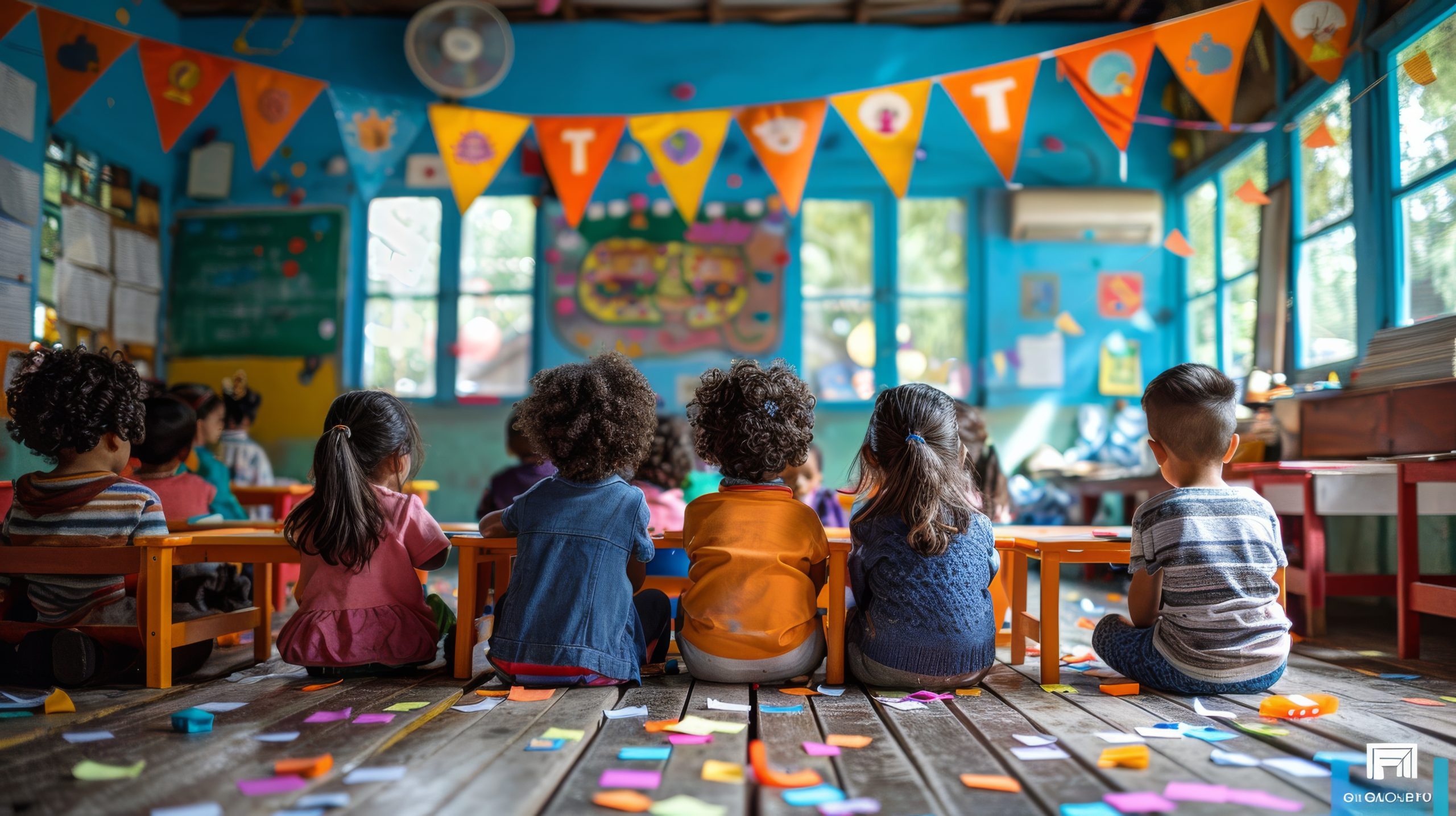Introduction
It often begins with a passing comment: “Your sister never gave me this much trouble,” or “Why can’t you be more like your brother—he finishes his homework on time.” Sometimes, it’s not said aloud at all but communicated through tone, attention, or expectations. As parents, we may not mean any harm—we just want to motivate, correct, or encourage improvement. But comparing our children to one another, or to others, is one of the quickest ways to damage their confidence, strain sibling relationships, and undermine emotional security.
Every child is wired differently. Even children raised in the same home, with the same caregivers, values, and routines, develop in vastly different ways. One may excel academically while another is a creative problem-solver. One may be outgoing, the other sensitive and introspective. Comparison doesn’t honor these differences—it flattens them.
This paper explores the psychological costs of comparison, why it happens so easily, and how parents can shift from measuring their children against each other to supporting each child’s unique journey.
Why We Compare—Even When We Don’t Mean To
Comparing children is often unintentional. It stems from natural human tendencies:
- Desire for Progress and Benchmarking
We want to know if our child is developing “normally” and often use siblings or peers as a point of reference.
- Personal Bias or Identification
Parents may unconsciously favor the child who resembles them more—in personality, habits, or strengths—and evaluate others through that lens.
- Fear or Insecurity
If one child struggles, we may compare them to a sibling out of anxiety or frustration: “Why can’t he be more focused like his sister?”
- Cultural and Social Conditioning
Many cultures prize achievement and obedience, and these standards often lead parents to measure children by how well they conform—especially in comparison to others.
The problem is that even small comparisons—spoken or implied—leave lasting emotional effects.
How Comparison Hurts Children
- Undermines Self-Esteem
Children who feel they’re “less than” a sibling internalize shame. They may think:
- “I’ll never be good enough.”
- “Mom likes her better.”
- “Why even try?”
This erodes their confidence and motivation.
- Creates Sibling Rivalry
When one child is labeled the “smart one” or “easy one,” resentment festers. The favored child may feel pressure to perform, while the other struggles with jealousy and exclusion.
This dynamic fractures sibling bonds and fosters competition over connection.
- Limits Identity and Growth
Children may feel stuck in roles: “He’s the athletic one, I’m not.” These labels discourage exploration and experimentation. A child who’s compared unfavorably may stop trying altogether.
- Damages the Parent-Child Relationship
Children long to be seen and valued for who they truly are. Repeated comparison makes them feel misunderstood, overlooked, or unloved—especially when they’re being held to someone else’s standard.
What to Do Instead: Shifting From Comparison to Celebration
- Recognize Each Child as a Unique Individual
Children are not replicas—they are whole people with distinct temperaments, learning styles, and emotional needs. What works for one won’t work for another.
Tell them:
- “I love how differently you both see the world.”
- “You each have your own strengths, and that’s a good thing.”
Avoid phrases like:
- “Why can’t you be more like…”
- “Your brother never had trouble with this.”
Replace with:
- “I noticed you’re struggling. How can I help you work through this?”
- Celebrate Effort and Growth, Not Traits or Ranking
Praising one child’s grades in front of the other may seem harmless, but it can be demoralizing. Instead, focus on effort, strategy, and persistence.
Say:
- “I saw how much time you put into that project. That’s real dedication.”
- “You stuck with that even though it was hard—amazing!”
This fosters a growth mindset, where success is defined by progress—not comparison.
- Offer Individual Attention
Make time for one-on-one moments with each child. During these, resist talking about siblings or comparing their behavior.
Instead:
- Ask about their interests and listen with curiosity.
- Encourage personal goals—whether it’s improving in art, sports, or social skills.
- Support their identity without pressuring them to be someone else.
These moments reinforce: “You matter to me for exactly who you are.”
- Address Sibling Differences with Neutral Language
When one child asks, “Why does she get more homework help?” don’t respond with: “Because she’s slower.” Instead, try:
- “Everyone gets what they need, and that can look different for each of you.”
- “Your needs matter just as much, and I’m always here to support both of you.”
Neutral, compassionate explanations reduce competition and model empathy.
- Avoid Labels—Even Positive Ones
Calling a child “the smart one,” “the athletic one,” or “the funny one” may seem complimentary, but it subtly assigns roles. Over time, these labels box children in and create silent pressure.
Try:
- “You have a great sense of humor—so does your sister, in her own way.”
- “I’m proud of how each of you shines in different areas.”
Make it safe for your children to grow beyond any fixed identity.
What If I’ve Been Comparing My Kids?
It’s never too late to repair. Children are incredibly resilient—what matters most is your willingness to reflect, apologize, and do better moving forward.
Say:
- “I’ve realized I sometimes compare you to your brother, and that’s not fair to you. I’m sorry. I want to focus more on what makes you unique.”
Then follow through with new language, individualized praise, and open-ended listening.
When One Child Truly Needs More Support
Sometimes one child requires more academic help, emotional attention, or discipline than another. It’s okay—but it should be handled with sensitivity.
- Don’t hide support, but explain it in terms of equity: “Everyone gets what they need, and your needs matter too.”
- Watch for signs of resentment or withdrawal in other siblings.
- Reinforce that love isn’t earned—it’s constant and unconditional.
Conclusion
Comparison is a habit that sneaks in quietly, but its impact can echo loudly in a child’s self-worth and relationships. When we stop measuring our children against each other, we create space for growth, connection, and self-belief.
Your children don’t need to be “better” than anyone else to be worthy of love and celebration. They just need to be known, accepted, and championed for who they already are—and who they’re becoming.
So drop the measuring stick. Lift up each child’s uniqueness. That’s where confidence, cooperation, and connection begin.







